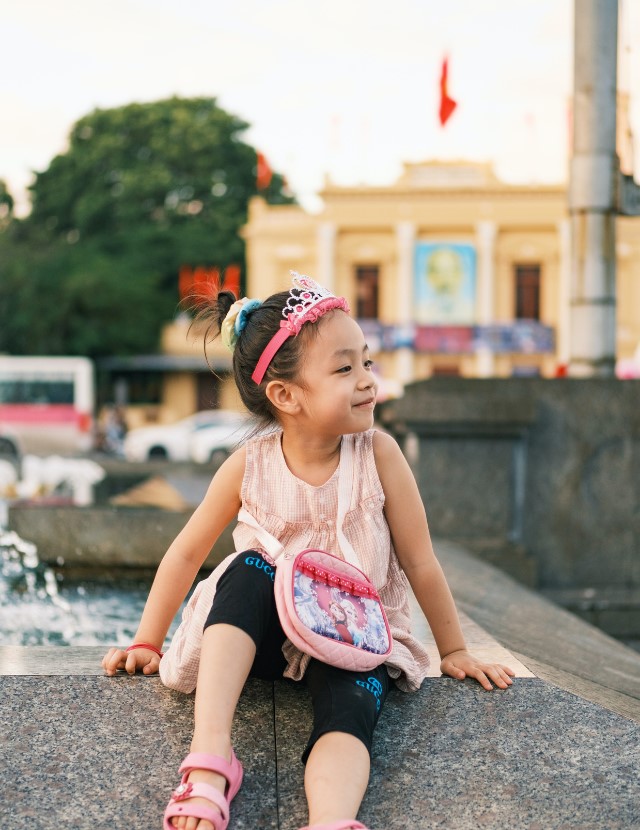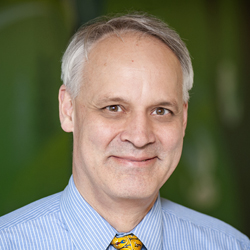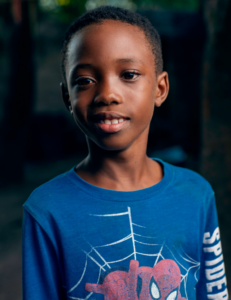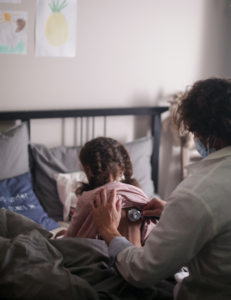PHI’s Children’s Cancer Program Plays Critical Role in Health Outcomes, Increased Access to Health Services for Youth
Highlights

Reliable data findings from clinical trials supported by PHI’s Children’s Oncology Group have been utilized by the FDA and physicians to help improve health outcomes for children with cancer.
10K experts in childhood cancer are joining together as part of the Children's Oncology Group to research childhood and adolescent cancer
200+ leading institutions across the nation are partnering with the Children’s Oncology Group
80-90% of children and adolescents diagnosed with cancer each year are cared for at Children’s Oncology Group member institutions
80% of children with cancer now survive 5 years or more as a result of the Children’s Oncology Group efforts and its predecessors
-
Focus Areas
Chronic Disease Prevention -
Issues
Cancer
Childhood cancer is the most common cause of death from disease in children. Each year, about 13,500 children and adolescents are diagnosed with cancer. At the Public Health Institute, the Children’s Oncology Group brings together more than 10,000 experts in childhood cancer at more than 200 institutions in the United States, Canada, Australia, New Zealand and Saudi Arabia.
They support clinical research trials that study and determine the underlying biology of childhood cancers, emerging treatments, supportive care, and survivorship. The Children’s Oncology Group is funded by the National Cancer Institute and is the world’s largest organization that focuses solely on childhood and adolescent cancer research.
80-90% of all children and adolescents diagnosed with cancer each year are cared for at Children’s Oncology Group member institutions and enrolled in one of COGs’ nearly 100 active research clinical trials.

The COG research has turned children’s cancer from a virtually incurable disease 50 years ago to a combined 5-year survival rate of 80% today. Our goal is to cure all children and adolescents with cancer, reduce short and long-term complications of cancer treatments, and determine the causes and find ways to prevent childhood cancer.Douglas Hawkins, MD
Chair, Children’s Oncology Group
Utilizing Reliable Research to Improve Health Outcomes for Youth With Cancer
 Research from the Children’s Oncology Group looked at the effectiveness of medications for youth who are battling with cancer. In November 2022, the Food and Drug Administration (FDA) sought data and findings for a drug (brentuximab vedotin - BV) that could be used with chemotherapy for patients with classical Hodgkin lymphoma. The FDA utilized data from the Children’s Oncology Group’s Phase 3 study AHOD1331, a randomized trial of 600 patients with high-risk Hodgkin lymphoma. It compared patients who received chemotherapy with radiation treatment to patients who received chemotherapy with BV.
Research from the Children’s Oncology Group looked at the effectiveness of medications for youth who are battling with cancer. In November 2022, the Food and Drug Administration (FDA) sought data and findings for a drug (brentuximab vedotin - BV) that could be used with chemotherapy for patients with classical Hodgkin lymphoma. The FDA utilized data from the Children’s Oncology Group’s Phase 3 study AHOD1331, a randomized trial of 600 patients with high-risk Hodgkin lymphoma. It compared patients who received chemotherapy with radiation treatment to patients who received chemotherapy with BV.
Research findings indicated that BV was an effective medication for treating children with cancer. These findings informed FDA’s approval of the drug—which has resulted in expanded access to this effective medication for all newly diagnosed pediatric cancer patients with classical Hodgkin lymphoma.
Receiving a pediatric indication from the FDA demonstrates the high data quality and reliability that COG achieves in our studies. FDA approval will also facilitate broad access to an effective medication for children with cancer.Douglas Hawkins, MD
Chair, Children’s Oncology Group
Utilizing Groundbreaking Genetic Research to Increase Access to Health Services
 In an effort to help increase access to health services for children with cancer, the Children’s Oncology Group is leading a groundbreaking international study. It matches children, teens and young adults (ages 1-21 years) who have cancer with treatment based on genetic changes in their tumor, rather than the type of cancer that they have.
In an effort to help increase access to health services for children with cancer, the Children’s Oncology Group is leading a groundbreaking international study. It matches children, teens and young adults (ages 1-21 years) who have cancer with treatment based on genetic changes in their tumor, rather than the type of cancer that they have.
This one-of-a-kind study, known as the Pediatric Molecular Analysis for Therapy Choice (MATCH) trial, has shown that targeting genetic changes in a tumor may be an effective approach for treating cancer. It has also shown that people with advanced cancer may benefit from genomic sequencing in their health plan for treatment against cancer.
The Children’s Oncology Groups also leads Project:EveryChild (APEC14B1), another genetic research study similar to MATCH. In Project:EveryChild, every type of childhood cancer, no matter how rare, will be studied by the more than 200 pediatric cancer programs of The Children’s Oncology Group—helping to lead the way towards better cures.
The study is part of a national cancer initiative by the National Cancer Institute’s Molecular Characterization Initiative (MCI), and focuses on pediatric patients with brain tumors, soft tissue sarcomas and selected rare cancers, providing a rapid response of clinical results to treating physicians and families in an effort to refine diagnosis, support clinical trial enrollment, and suggest alternative treatment options for patients. The MCI initiative utilizes the Cancer Oncology Group’s Project: EveryChild study as part of their broader efforts and as a mechanism for enrollment, specimen collection and clinical annotation.
These accomplishments represent progress toward COG’s goal to cure all children and adolescents with cancer, reduce the short and long-term complications of cancer treatments, and determine the causes and find ways to prevent childhood cancer. COG’s continued commitment toward this goal builds trust within the pediatric cancer research community.Douglas Hawkins, MD
Chair, Children’s Oncology Group
These accomplishments were made possible by COG’s partnerships with the National Cancer Institute, Public Health Institute, pharmaceutical companies, COG Member Institutions, and especially the patients and families that volunteer to participate in COG trials.
Work With Us
You change the world. We do the rest. Explore fiscal sponsorship at PHI.
Support Us
Together, we can accelerate our response to public health’s most critical issues.
Find Employment
Begin your career at the Public Health Institute.
